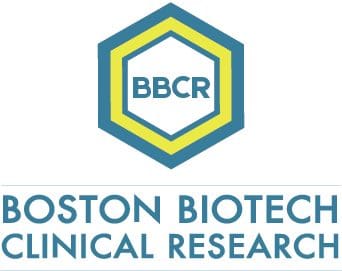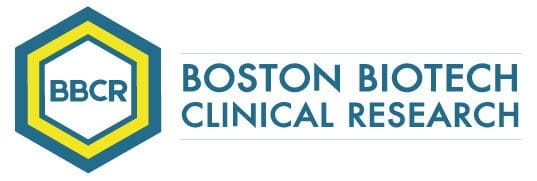The concept of patient-centricity is inherently multifaceted; it encompasses both the recognition of participants as central to clinical trials and the possibility of tailoring clinical interventions to individuals. Recently, the latter notion has been the subject of great research efforts. Physicians and scientists are motivated to discern how advancements in molecular biology and pharmacology can be parlayed into patient-specific treatments.¹ Such results could revolutionize the way diseases are treated and substantially improve clinical outcomes.
Applied patient-centricity that focuses on the consideration of specific features or hallmarks of an individual’s disease in generating a plan for treatment is termed “precision medicine.” The growth of precision medicine has been facilitated by the progress in the fields of molecular pathology and drug development. Precision medicine requires that physicians be able to characterize the specific form of a patient’s illness. To that end, for example, many large-scale institutions have taken up the task of mapping the genomes of thousands of variations of cancers.² Drug development is another critical component of precision medicine, since targeted therapeutics must be available to a physician wishing to treat a patient on the basis of features of his or her disease.
Beyond molecular factors, a precision medicine-oriented approach to clinical work takes into account genetic and lifestyle factors to enhance efforts at preventing, managing, and treating illnesses. The advent of reliable genomic sequencing technology and improved computational systems for the analysis of biomedical data have made begun to pave the way for patient-centric healthcare. In the coming years, as research efforts by the NIH and other prominent organizations generate data, we will certainly observe a turn toward integrating the concept of precision medicine into the management and treatment of more and more diseases.
¹Waldman, Scott A; Terzic, Andre. “Patient-centric clinical pharmacology advances the path to personalized medicine.” Biomarkers in Medicine 5.6 (Dec 2011): 697-700.
http://search.proquest.com/openview/49e16cea779dc33d9a2dc694c8112aab/1?pq-origsite=gscholar
²Biankin, AV, et. al. “Patient-centric trials for therapeutic development in precision oncology.” Nature. 2015 Oct 15;526(7573):361-70. doi: 10.1038/nature15819.
http://www.ncbi.nlm.nih.gov/pubmed/26469047

Specializing in rare disease, Boston Biotech Clinical Research works with biotech, pharmaceutical, device companies and investors to streamline the clinical trial process. Our experienced team helps each client reach their specific goals by customizing a clinical and regulatory road map of simplified programs and streamlined protocols to meet our clients’ requirements.

